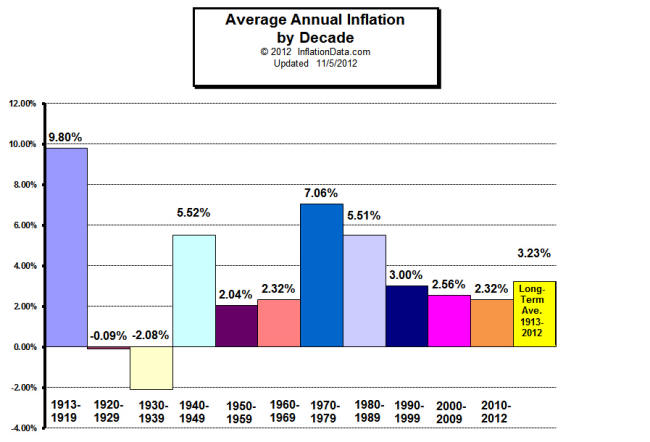Thank you for a wonderful website!
After being self-employed for 12 years, I'm seriously considering it quit just because I feel like it. My wish is to burn through all the money I have in this lifetime so that I go to my deathbed with zero or negative equity. I like my job just fine and is capable of another 15 years, but I don't want to unless I have to save more. Will my current finance allow me to I retire now to a lifetime of comfortable lifestyle? I am not counting on social security, though that would be a bonus. I not counting on stock market return, because I'm not in it. Are there any pitfall to watch out for? Anything to prepare for? How much should I withdraw monthly? Should I see a financial advisor? I can accrue another $200k for each year working but, again, I don't want to if I don't have to. Here's where I'm at if I retire now...
Age: 42, married w/ 10yo
Debt: zero
Cash saving: $1.9Mil
IRA: $400k
Home worth: $200k
Re income: $7k/mo net ($600k cash purchases of foreclosures)
Lifestyle: simple middle class, no smoking, no alcohol, no country club, drive toyota, foreign travel $10k-20k annually.
After being self-employed for 12 years, I'm seriously considering it quit just because I feel like it. My wish is to burn through all the money I have in this lifetime so that I go to my deathbed with zero or negative equity. I like my job just fine and is capable of another 15 years, but I don't want to unless I have to save more. Will my current finance allow me to I retire now to a lifetime of comfortable lifestyle? I am not counting on social security, though that would be a bonus. I not counting on stock market return, because I'm not in it. Are there any pitfall to watch out for? Anything to prepare for? How much should I withdraw monthly? Should I see a financial advisor? I can accrue another $200k for each year working but, again, I don't want to if I don't have to. Here's where I'm at if I retire now...
Age: 42, married w/ 10yo
Debt: zero
Cash saving: $1.9Mil
IRA: $400k
Home worth: $200k
Re income: $7k/mo net ($600k cash purchases of foreclosures)
Lifestyle: simple middle class, no smoking, no alcohol, no country club, drive toyota, foreign travel $10k-20k annually.

